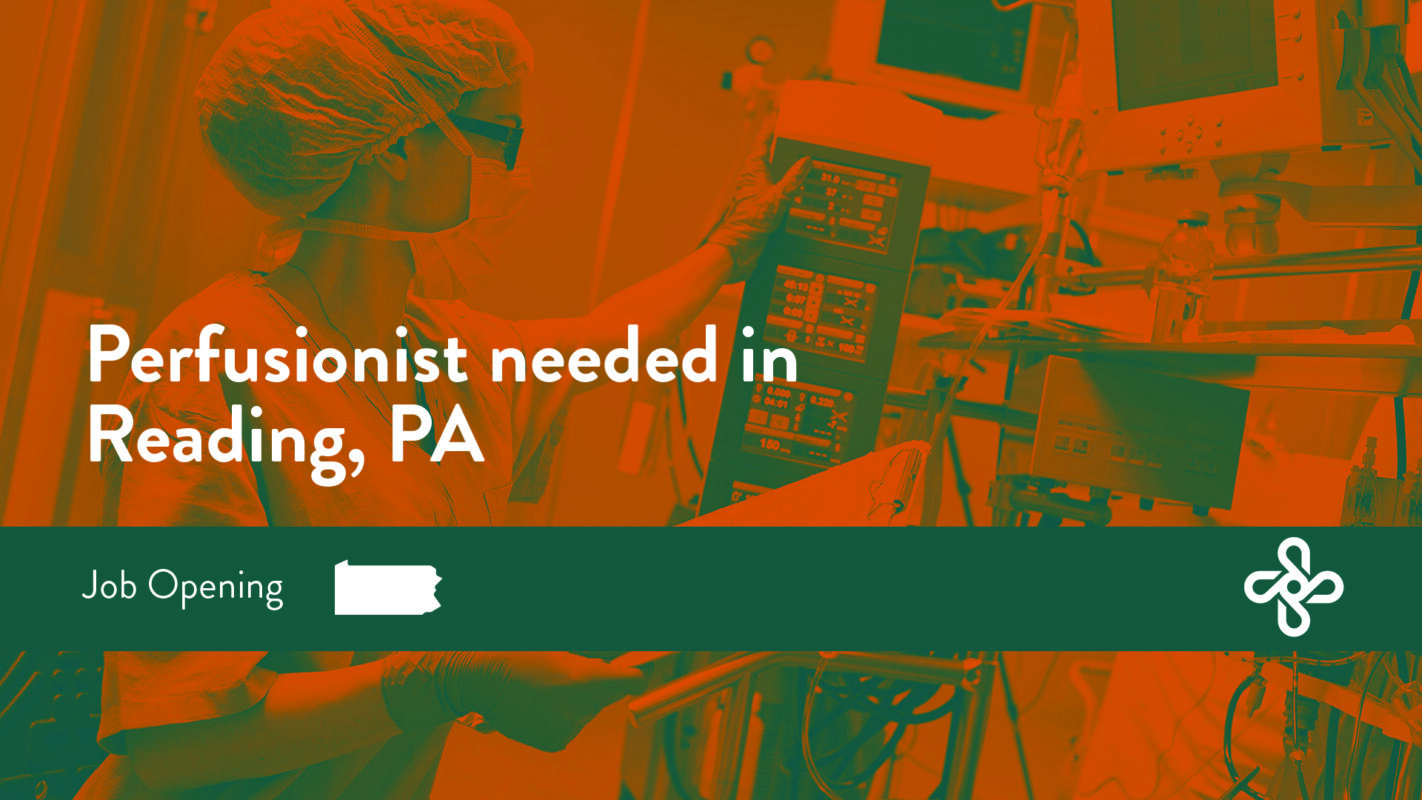
When talking about jobs in the healthcare profession, seemingly vague-sounding terms like “allied health” can be confusing. According to the Association of Schools of Allied Health Professions, allied health is defined as any job that “delivers services involving the identification, evaluation, and prevention of diseases and disorders, dietary and nutrition services, and rehabilitation and health systems management.” In other words, there are traditional professions like doctors, nurses, pharmacists, and dentists, and then there’s everybody else who is allied health. Let’s take a look at the top reasons why getting into this field may be the right career move for you.
1) The Pay Can be Lucrative
There are dozens and dozens of different allied health careers ranging from dental hygienist to physical therapist to dietetics. And some of the highest-paying roles pay very handsomely. A nurse-midwife, a registered nurse with advanced practice who oversees the pregnancy process through post-birth, averages $96,000 a year. A nurse anesthetist who gives anesthesia during surgery and other procedures also average around $96,000 a year. But the crème de la crème for allied health when comparing education investment to salary is a perfusionist. They have an average salary of $128,000 and the field is also expected to grow 22% in the next five years.
2) The Field is Growing
Right now there are currently five million active allied healthcare jobs in America, making up over 80 different professions and representing around 60% of healthcare providers. By next year, it’s estimated that the allied health field will grow to 19.8 million jobs (from 15.6 million ten years ago). That’s an average growth of 420,000 positions per year. In fact, if you look at the latest data from the Bureau of Labor Statistics, 9 out of the 20 fastest growing professions between now and 2026 will be allied health roles. There isn’t a better time than now to strike while the iron is hot.
3) You Don’t Always Need a Master’s Degree
While there are many jobs to choose from in the allied health sector, not every job requires you to get a master’s degree. Many of the higher paying salaries may ask for an advanced degree and nearly all require some type of national certification. But there are plenty of gigs that only ask for a Bachelor’s or less, such as dental hygienists, health administration and information, surgical assist, and medical assistants. Ironically, one of the highest paying roles, cardiovascular perfusionist, doesn’t always require a Master’s degree. While there certainly are perfusion graduate programs out there, there are also certificate programs that meet the pre-certification requirements to become a perfusionist. Some can even be completed in less than two years, such as the program at Vanderbilt University in Nashville.
For more info on perfusionist jobs and other allied health careers with SpecialtyCare (and to sign up for job alerts), please visit us here. When you start a career with SpecialtyCare, you’ll be fully supported by your team, clinical manger and executive team. Training and education are a top priority. Learn more about the incredible training program offered to clinicians through SpecialtyCare University.



Comments are closed.